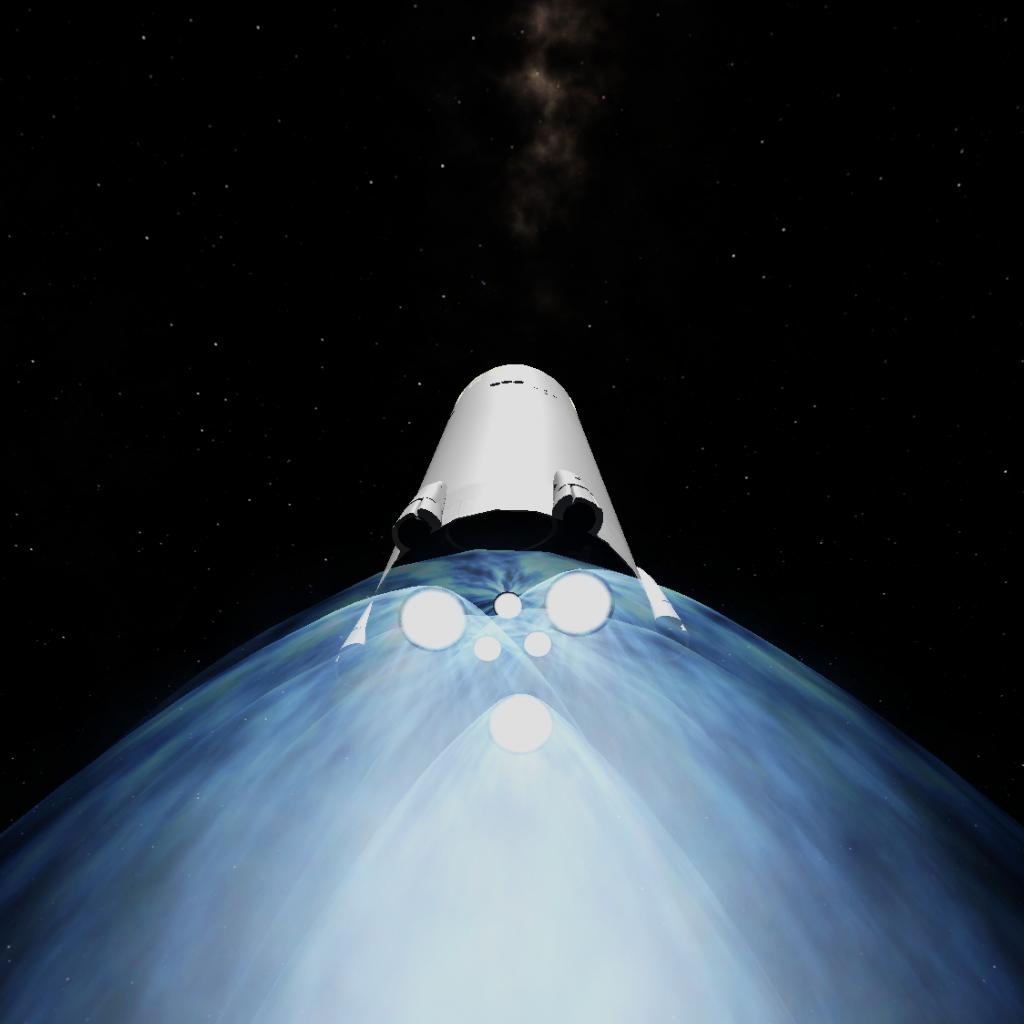

Its second edition in 1978, titled BASIC Computer Games, was the first million-selling computer book. 101 BASIC Computer Games was a landmark title in computer games programming and was a best-selling title with more than 10,000 copies sold. The games included were written by both Ahl and others and included both games original to the language and games ported from other languages such as FOCAL.
#Lunar lander code
In 1973, Ahl released the book 101 BASIC Computer Games, which contained the source code of computer games written in BASIC. Their popularity led him to start printing BASIC games in the DEC newsletter, both his own and reader submissions. Ahl converted two early mainframe games, Lunar and Hamurabi, from the FOCAL language to BASIC, partially as a demonstration of the language on the DEC PDP-8 minicomputer. In 19, DEC employee and editor of the newsletter David H. Rocket added a simple text-based graphical display of the distance from the ground in each round, while LEM added horizontal velocity and the ability to apply thrust at an angle. In the original Lunar, players controlled only the amount of vertical thrust to apply, based on their current vertical velocity and remaining fuel, with each round representing ten seconds of travel time. The text-based games require the player to control a rocket attempting to land on the Moon by entering instructions to the rocket in a turn-based system in response to the textual summary of its current position and velocity relative to the ground. Other versions of the concept were written soon after: a version called Rocket was written in BASIC by Eric Peters at DEC, and another BASIC version, LEM, was written by William Labaree II, among others. DEC published a book of FOCAL-8 programs in 1970 and included the game as Lunar Module. Different versions of the game were later submitted by other authors, including Apollo II and Apollo 12. His computer teacher submitted the game under the name FOCAL Lunar Landing Simulation (APOLLO) to the DEC users' newsletter, which distributed the source code to readers under the name Apollo. It was originally written in the FOCAL programming language for the Digital Equipment Corporation (DEC) PDP-8 minicomputer by Jim Storer while a student at Lexington High School in the fall of 1969, and uploaded to the system library as Rocket after Christmas break. The original Lunar Lander game was a 1969 text-based game published under many names, including the Lunar Landing Game. The player has only spent fuel at the last moment, and as a result, has crashed into the Moon.
#Lunar lander full
That same year, Electronic Games wrote that "sometimes it seems as though every company capable of copying a cassette is trying to sell a game on this theme." Ī full game of Rocket, one of the early versions of the game. Commodore published a version called Jupiter Lander for their VIC-20 in 1981. Lunar Lander games were a popular concept for home computer systems. It has a fuel-for-money system allowing the player to purchase more fuel to continue their current game. released a vector graphics arcade game version of the concept as Lunar Lander. The game, written by Jack Burness and named Moonlander, was distributed with DEC computers and displayed at trade shows.

In 1973, DEC commissioned the creation of a real-time, graphical version of Lunar Lander, which was intended to showcase the capabilities of their new DEC GT40 graphics terminals. By the end of the decade, the type of game was collectively known as a "lunar lander" game. Ahl, who included three versions in his 1973 book 101 BASIC Computer Games. The original Lunar Landing Game was converted to BASIC by David H. Several other versions were written soon after by other programmers in FOCAL and BASIC. The first Lunar Lander game was a text-based game published under many names, including the Lunar Landing Game, written in the FOCAL programming language for the Digital Equipment Corporation (DEC) PDP-8 minicomputer by Jim Storer while a high school student in the fall of 1969. In some games in the genre, the ship's orientation must be adjusted as well as its horizontal and vertical velocities. Crashing into obstacles, hitting the surface at too high a velocity, or running out of fuel all result in failure. In Lunar Lander games, players generally control a spacecraft as it falls toward the surface of the Moon or other astronomical body, using thrusters to slow the ship's descent and control its horizontal motion to reach a safe landing area. Lunar Lander is a genre of video games loosely based on the 1969 landing of the Apollo Lunar Module on the Moon.

Minicomputers, personal computers, arcade


 0 kommentar(er)
0 kommentar(er)
